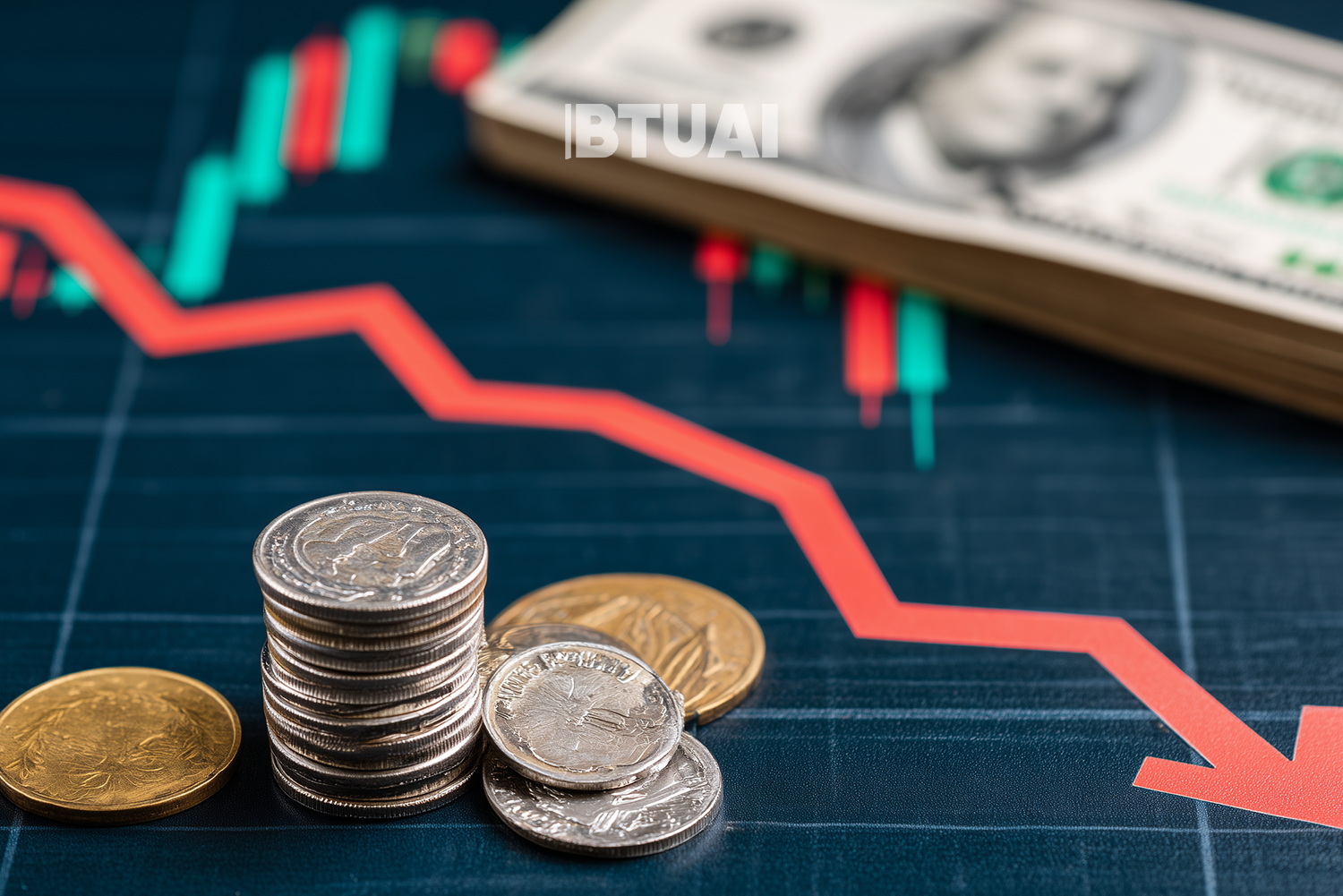How Far Are We from the EU’s Lowest GDP per Capita?
According to the latest report by the International Monetary Fund, Bulgaria remains the EU member state with the lowest

According to the latest report by the International Monetary Fund, Bulgaria remains the EU member state with the lowest GDP per capita, reaching $18,522 in 2025. This figure serves as a stark benchmark, one that allows both EU and neighboring economies to measure their progress—or lack thereof. Romania ranks just above Bulgaria with $21,421, followed by Latvia with $24,374, and Hungary slightly higher at $24,808. At the other end of the spectrum, Luxembourg tops the list with over $140,000, highlighting a nearly sevenfold gap between the richest and poorest members of the EU.
Against this backdrop, Georgia’s position is sobering. For 2025, the country’s GDP per capita stands at just $9,141—exactly half of Bulgaria’s, the EU’s poorest country. This disparity goes far beyond numbers. It reflects a broader reality: Georgia’s income levels, quality of life, and overall economic landscape continue to fall significantly short of European standards. And for a country with declared aspirations toward economic and social integration with the EU, this is a critical wake-up call.
To catch up with Bulgaria’s current level, Georgia would need to sustain an average annual growth rate of at least 5.4%, according to IMF estimates. Even then, it would take about 14 years to reach parity—and that’s under ideal conditions, assuming Bulgaria stagnates while Georgia maintains consistent growth. Both assumptions are shaky at best in an increasingly volatile global economy.
But these numbers aren’t just abstract goals. They illustrate how long and difficult the road to European socioeconomic standards really is. For Georgia’s government, business sector, and broader society, the real challenge isn’t just boosting numbers—it’s building a development model that creates jobs, raises productivity, and improves living standards across the board.
In the end, the macroeconomic context is clear: without swift reforms, increased investment, and a serious focus on education, Georgia’s chances of bridging the economic gap with even the EU’s least affluent members remain slim. Real, sustainable development will only be possible when economic growth translates into tangible improvements in citizens’ lives—mitigating inflation, reducing unemployment, and addressing systemic issues in education. That’s the true challenge Georgia must confront over the next decade.




